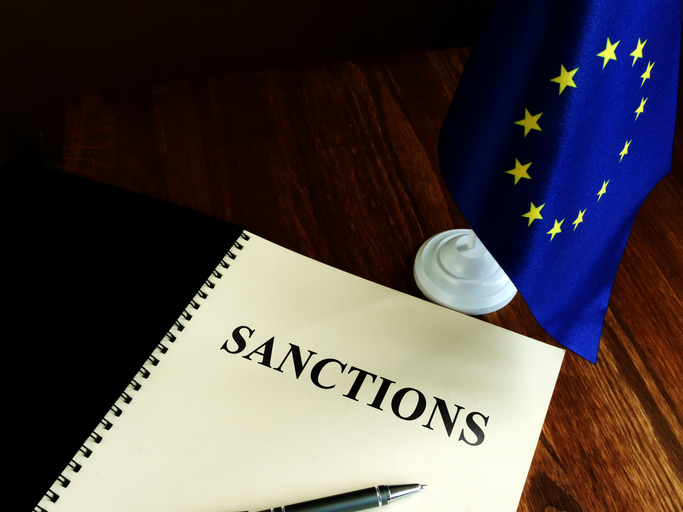Impact of EU’s “no-Russia” clause on UK trade to the EU
The EU now requires EU exporters to include new wording in their contracts with customers in certain countries to restrict trade to Russia. It is being referred to as a “no Russia” clause. While this is not a UK law, there is food for thought for some UK businesses.
Under Article 12g of Council Regulation (EU) No 833/2014, the EU made it a requirement for EU exporters (and exporters which are exporting under the jurisdiction of the EU) to include a restriction on exporting to Russia in certain contracts with customers located in non-EU member states. The list of non-EU member states does not include USA, Japan, UK, South Korea, Australia, Canada, New Zealand, Norway and Switzerland, but trade with these countries can still be affected by the rules as described below.
The EU has issued the form of wording which should be used where these rules apply, but similar wording can be used if it achieves the same aim. In summary, the EU’s template clause prohibits the buyer from re-exporting the goods to Russia, makes the buyer use best efforts to ensure that anyone further down the supply chain does not re-export to Russia, and includes the obligation for the buyer to maintain adequate monitoring mechanisms to detect conduct by any third parties further down the supply chain. Any breach of these obligations would be a material breach of the contract and would trigger immediate termination and a penalty. The buyer needs to keep the seller updated on any problems with compliance with the clause. Exporters to whom these rules apply need to be able to prove that they have included the prescribed clause (or similar) in their contracts if their competent authority asks to see it.
Which goods does the “no-Russia” clause apply to?
Article 12g applies to the export of a particular list of goods and technology which are related to aircraft, spacecraft, jet fuel and fuel additives, firearms and ammunition, and certain goods at high risk of being re-exported to Russia. The list is included in the Annexes to the Regulation.
What do EU businesses need to do?
Businesses in the EU who export these types of goods need to implement the clause. Any contracts for those goods need to be considered in relation to when they are executed, because this will determine whether they need the clause:
- Contracts which were entered into prior to 19 December 2023, and which will continue to be performed beyond 20 December 2024, will need to be re-negotiated to include provisions to comply with Article 12g.
- Contracts which were concluded on or after 19 December 2023 and up to 19 March 2024 should include the clause as best practice.
- Contracts which are concluded and executed on or after 20 March 2024 must contain the clause.
How does this all apply to UK exporters?
Article 12g is an EU regulation, and not a UK law, but UK businesses who sell these types of goods into the EU should take account of it if their goods may be sold onwards. The UK does not have an equivalent measure to Article 12g but the Government is strongly committed to crack down on the undermining of trade sanctions.
In the Department for Business and Trade’s (DBT) notice NTE 2023/09, the DBT stated that it wants traders in the UK to ensure that as part of their due diligence they consider the risk of displacement of trade and diversion of goods to Russia. Also, UK businesses should consider that any business they trade with in the EU will be considering these measures, will be implementing the “no-Russia” clause in their onward contracts, and may request an equivalent clause in their contracts to ensure general compliance with the EU regulation.
However, a “no-Russia” clause should not be the only measure that a business should take in relation to this issue. Strong due diligence of the supply chain, stringent internal governance and thorough consideration of key risk indicators are important responsibilities to undertake during the whole lifeline of the commercial relationship with the customer.

